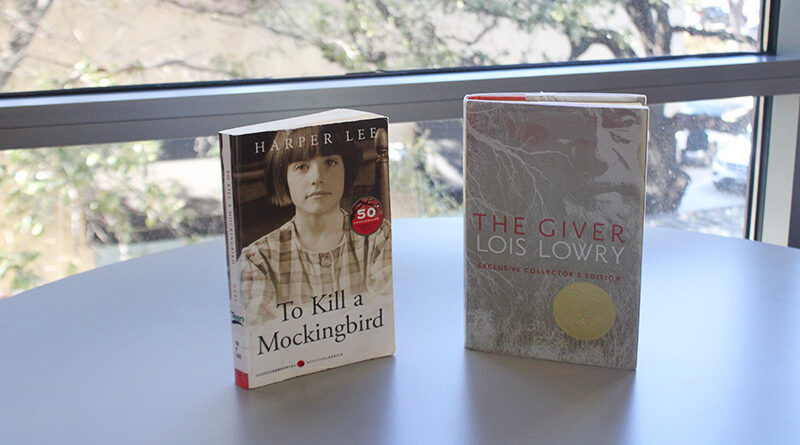The Ruckus About Reading Curriculum
HPISD parents, district leaders mull effectiveness of ELA materials
Highland Park ISD is among school districts facing scrutiny on – and re-evaluating – how students are taught reading and phonics.
Some Highland Park ISD parents have raised concerns about the Lucy Calkins’ (of the Teachers College Reading and Writing Project) curriculum for teaching reading and writing in kindergarten through eighth grade.
Per the website for the curriculum, in Units of Study, teachers lead classes in minilessons before students move on and apply the skills from the minilesson to independent reading, reading with a partner, or working with the teacher one-on-one or in small groups.
“Our youngest child is an eighth grade TAG student, and the decline in the rigor and effectiveness in reading instruction compared to what her three older siblings received in standard classes is astounding,” said Rebecca Holmes in a winter meeting.
Holmes and other parents also decried what they say is a lack of books traditionally read in seventh-and eighth-grade classes, like The Giver and To Kill A Mockingbird.
EdReports, a nonprofit that reviews instructional materials for things like alignment to Common Core State Standards and text complexity, found the texts included in the materials in the Units of Study curriculum for grades K-2 “aren’t appropriately complex for grade level and do not build in complexity over the course of the year,” and the material for grades three to five “do not meet the expectations for text quality and complexity and alignment to the expectations of the standards.”
HPISD Assistant Superintendent for Education Services Lisa Wilson said the state adopted new English/Language Arts TEKS (Texas Essential Knowledge and Skills) state standards effective the 2019-2020 school year.
Our youngest child is in eighth grade TAG student and the decline in the rigor and effectiveness is in reading instruction compared to what her three older siblings received in standard classes is astounding.
Rebecca Holmes
“So in the ‘18-’19 school year … we took the new TEKS, and we had a committee formed – over 30 people, most of them, though were teachers – to review materials that they wanted to recommend for adoption to support that new curriculum and so they did all the research, went to the Region 10 showcase and selected the Units of Study, but instead of just doing the Units of Study in reading, which quite frankly when you read all the social media about the people who don’t like Lucy Calkins, often they’re looking at just the Units of Study in reading without the additional support,” Wilson said.
“So, we adopted the Units of Study in reading, writing, and phonics because we knew we wanted to implement explicit phonics to begin in the fall of 2019. In addition to that, we adopted materials for vocabulary, spelling, handwriting, just kind of a whole group of materials to support our ELA curriculum,” she continued.
District officials also note the COVID-19 pandemic disruptions that began in the 2019-2020 school year and say they’re monitoring data, including literacy assessments, to ensure students meet grade-level expectations.
“We want to make sure that … students are able to master those and that the resources we have are doing what they need to support our teachers as they’re designing instruction for kiddos,” Wilson said. “We’re watching data very closely, and … when you look at our data compared to those around us, we had the slightest dips in some areas, but even in third-grade reading, we actually improved.”
The school board also has an education services ELA subcommittee including Bryce Benson, Maryjane Bonfield, Stacy Kelly, Wilson, and Superintendent Tom Trigg that met to compile the concerns raised and discuss possible resolutions.







